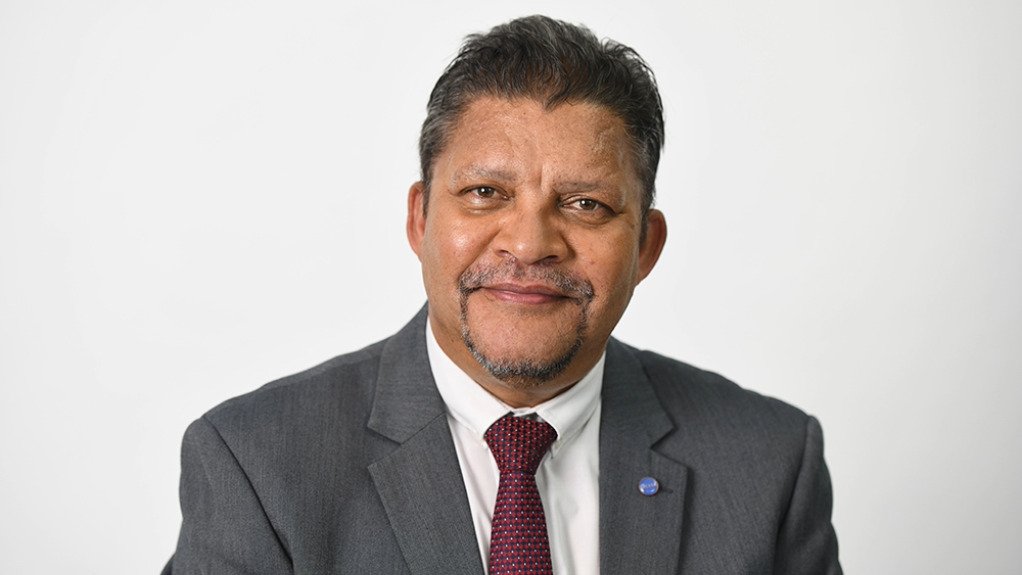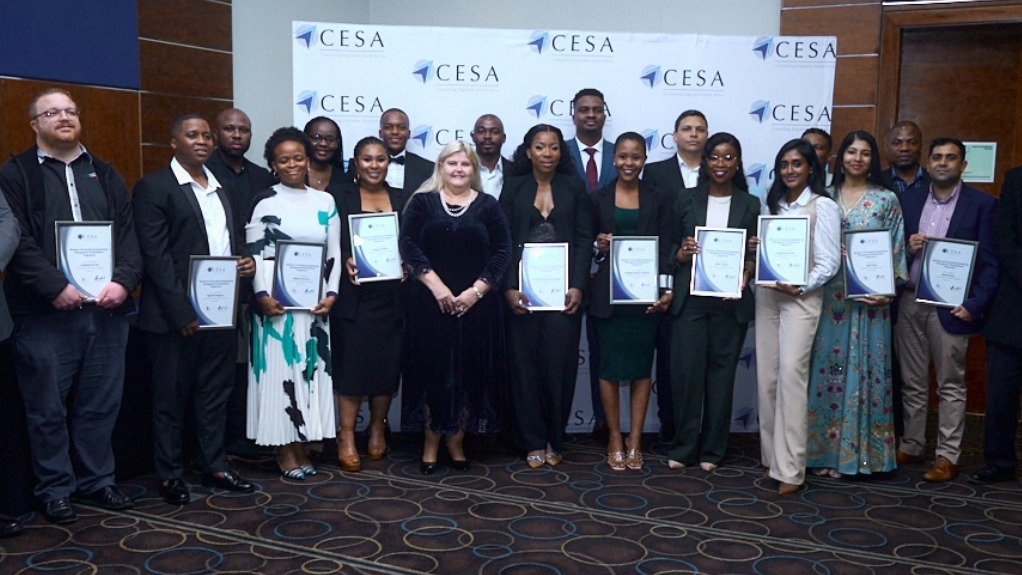The imperative to develop well-rounded engineering professionals who possess the required business management skills for leadership roles has underpinned the approach taken by industry association Consulting Engineers South Africa (Cesa) in rolling out its Business of Consulting Engineering Management Development Programme (BCE-MDP).
This flagship programme is a significant offering that has been developed over ten years, with the organisation observing that many engineering practitioners lacked some of the key skills necessary to allow for success in their management and leadership roles, despite their possessing “laudable academic credentials and decades of professional experience”.
The organisation needs to provide training for its members and engineering practitioners as a way of ensuring that continuing professional development (CPD) occurs within this sector, thereby creating opportunities for further development beyond the primary engineering knowledge and skills that these professionals already have, notes Cesa CEO Chris Campbell.
“Our School of Consulting Engineering is instrumental in offering training programmes which don’t seek to detract or compete with tertiary institutions such as universities and universities of technology. We do offer the technical training in specific disciplines, such as civil and electrical engineering, but that would be from a CPD perspective and not from the grassroots educational process that is offered through the university degree programmes,” he clarifies.
With university education very much focused on the technical-based core curriculum there is never enough time to combine that kind of know-how with the knowledge that an engineering practitioner may need when getting into the “real world of business”. The consulting engineering field, for example, requires adaptability, communication skills and commercial awareness.
Campbell explains that the BCE-MDP programme is designed to accelerate the development of engineering practitioners who may have had exposure to the industry, but not necessarily the management skills required to advance their careers.
“We often tend to use the jargon of ‘knowledge transfer’ dispassionately. At Cesa, we deem it necessary to find new mechanisms that support engineering practitioners in their career paths, and we do this by equipping these practitioners with other bodies of knowledge, enabling them to use this as a springboard into assuming leadership positions within consulting engineering companies.”
Transformation Ethos, Sector Sustainability
Reflecting on the way in which this programme aligns with the broader national goals of transformation and economic empowerment, Campbell says it is important to scrutinise the history of the consulting engineering industry, adding that before 1994, the industry was very conservative and many of the older member companies were led and managed by white, male practitioners. After 1994, the advent of black and women practitioners pursuing careers in consulting engineering started to take shape.
Today, over 70% of Cesa member companies are black-owned, which reflects the transformational progress made despite the sector’s divisive legacy and the ongoing inefficiencies in the country’s education system – limiting the availability of even more young, black and women engineering practitioners from entering this sector.
Further, the organisation calls for significant improvements in the country’s mathematics and science education, and highlights this as a key factor for advancing the sustainability of the consulting engineering industry.
“We continue to be very progressive when reflecting on our mixed South African society. [Therefore,] programmes such as the BCE-MDP exist. It reduces the time it would ordinarily have taken for new CEOs and managers to cultivate the knowledge and skills to develop, manage and sustain a consulting engineering business.
“Through this programme, we have an opportunity to facilitate the acceleration of racial and gender transformation and this is a deliberate strategy that does not leave anything to chance,” Campbell concludes. ![]()







